The modern study of Comparative Politics emerged in the late nineteenth century, and since then has evolved largely due to the research in US universities. Comparative Politics is one of the three core components of political science, the other two being political theory and international relations. However, it was only in the twentieth century that comparative government and politics emerged as an important sub-field within the discipline of political science. Since then, it has undergone tremendous transformation in terms of its nature and ambit of study.
Theoretical Foundations of Comparative Politics analyses in depth the theories and concepts that form the foundation of comparative politics. Concentrating on the study of this sub-discipline in the context of the developing world, this book:
•Analyses core concepts from a non-Western perspective.
•Explains new modifications to the study of comparative politics, for example, through the theories of Skocpol and Wallerstein.
•Analyses various forms of government—federal system, parliamentary and presidential systems.
•Analyses the notion of the state and its different perspectives.
•Discusses the impact of liberalisation and globalisation on comparative politics.
•Discusses important world events, such as the collapse of communism in the 1990s, a unified Europe and the recent Brexit, and their effect on the discipline.
•Examines new issues of gender and environment, and how they are affecting contemporary comparative politics.
Detailed and filled with recent, relevant examples from world and Indian politics, this book will be invaluable to undergraduate and postgraduate students of political science and comparative politics.

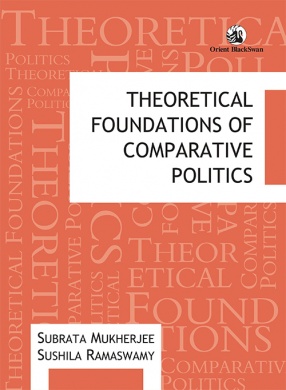
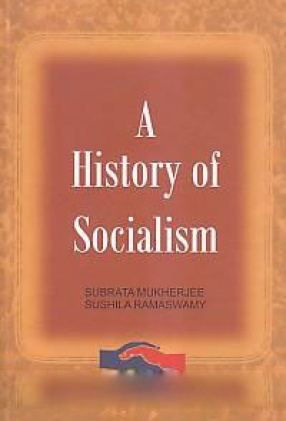
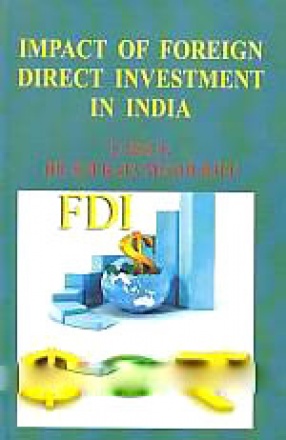

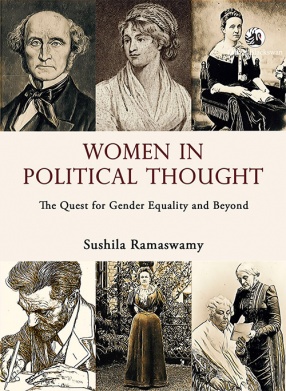
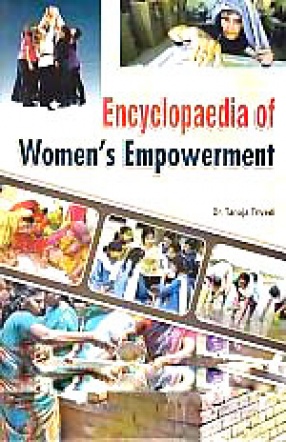


There are no reviews yet.